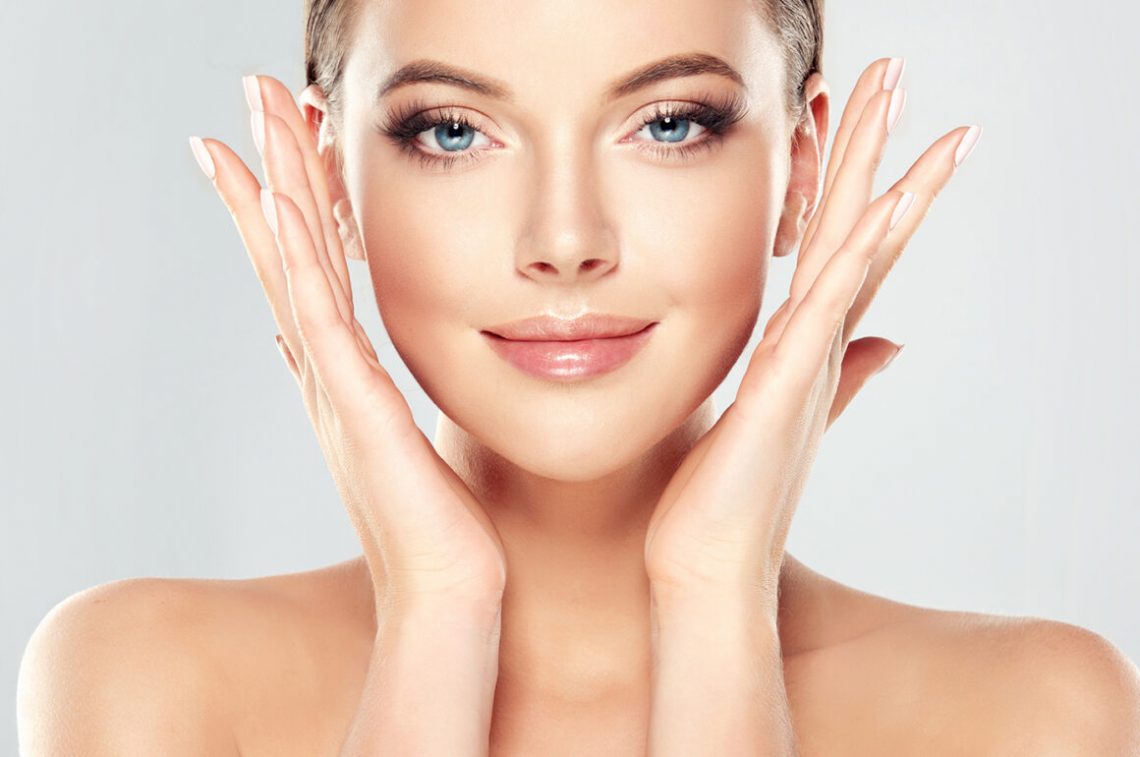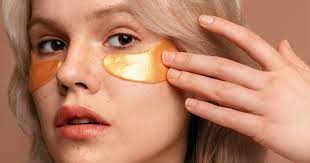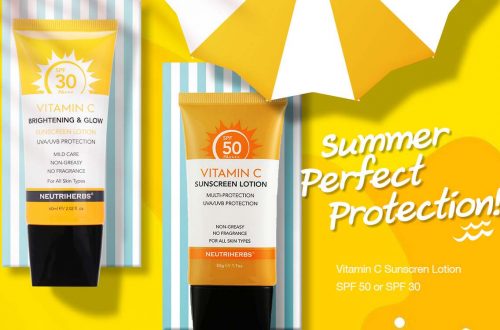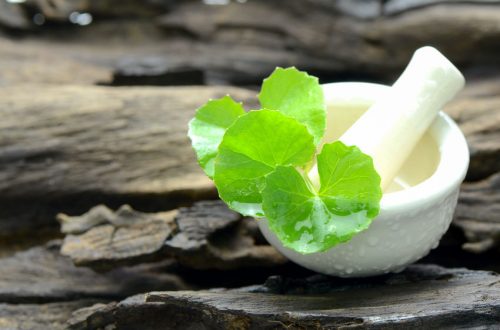
Targeted Skincare Treatments With Super-activated Formulas
The Best Natural Cosmetic Ingredients
To survive in their environment, plants have developed sometimes astonishing properties, which make them true marvels of technology… in their natural state. By including ingredients derived from these plants in our cosmetics, we capture the benefits.
Natural fatty substances
In the composition of most facial treatments, there is a large proportion of fatty substances. These make the cosmetics moisturising, nourishing and protective for the skin. There is a difference in natural fatty substances (vegetable oils, waxes and kinds of butter) and mineral oil, which is found in many products. The latter is recognized by the name “paraffinum liquidum”. It is an inert ingredient that remains on the surface of the skin and does not penetrate it. It has the advantage of protecting the skin, especially in the event of extreme cold, but it is advised to avoid it, as it can tend to clog pores, and therefore be comedogenic. We will prefer vegetable oils, which we will choose according to their properties.
Which vegetable oil to choose according to your skin type?
- For combination with oily skin, we recommend jojoba or sesame oil, which are light and regulate sebum production.
- For skin with imperfections, nothing like coconut oil. It is the most sanitising vegetable oil, it is both moisturising and antibacterial.
- For dry to very dry skin, opt for oils such as avocado or evening primrose, which are very nourishing and will comfort the epidermis.
- Mature skin will turn to argan or wild rose oil, which hydrate, nourish and regenerate the skin.
The benefits of fruit acids
In nature, some components have the power to boost the radiance of the complexion like no other: fruit acids. This is for example glycolic acid. These acids make it possible to accelerate cell renewal by a chemical exfoliation effect, that is to say, that they “nibble” the dead cells to leave room for brand new, radiant skin. These are ingredients to favour when you have dull skin and an uneven complexion. As with mechanical scrubs, however, be careful not to overdo it, at the risk of sensitising your skin!
Plant extracts and essential oils
In addition to good fatty substances and fruit acids, natural cosmetic ingredients also exist in the form of plant extracts and essential oils, generally dosed in small quantities to boost the effectiveness of treatment. Counting them would be almost impossible, as there are so many different ones! But we note in particular rose extracts, with anti-ageing properties, and oats, chamomile and aloe vera, with soothing properties. For their part, essential oils are known to add to the effectiveness of treatment. But beware: these are very active, very stimulating ingredients, which are not always well tolerated by the skin, especially if it is sensitive. It is important to always do a sensitivity test before using them and to avoid them altogether as a precaution if you are pregnant.
Some of the great synthetic cosmetic ingredients
Nature already offers us a wide range of possibilities in terms of cosmetics. But chemistry makes it possible to synthesise even more high-tech ingredients, which can prove to be very effective. They are very popular especially in anti-ageing care The power of vitamins
Sometimes, chemistry “imitates” certain ingredients that also exist in nature, such as vitamins, which have targeted and powerful cosmetic properties. Vitamin A is regenerating, vitamin C is one of the best anti-stain active ingredients, and vitamin E is a powerful antioxidant: it fights against the action of free radicals, which are one of the main factors of skin ageing, which makes it an ingredient of choice in anti-ageing care.
High-tech ingredients for effective anti-ageing care
We list some of the most used synthetic cosmetic ingredients, recognized for their anti-ageing properties. Working by chemical exfoliation like fruit acids, retinol is very regenerating. Be careful though: it is photosensitizing. We will therefore remember not to use it during the day, and to protect our skin well from the sun with an appropriate SPF. We also know peptides, which boost the production of collagen to make the skin firmer and thus fight against the slackening of the skin that accompanies ageing. As for hyaluronic acid, it is a small molecule that boosts the hydration of the epidermis like no other. Its humectant power is explained by the fact that it absorbs water and retains it in the skin. The plumping effect is immediate!





